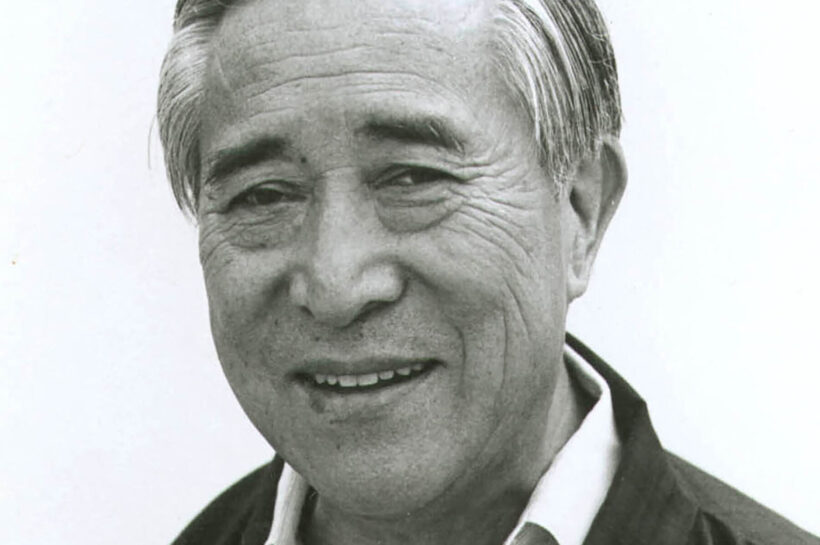Contents [show]
Two Heads Are Better Than One: Twin Girls Separated in Groundbreaking Surgery
1st reported by Sky News
In a medical feat showcasing modern science’s brilliance, one-year-old conjoined twins Minal and Mirha, born in Pakistan and joined at the head, have been successfully separated in a 14-hour operation led by British surgeon Professor Noor ul Owase Jeelani. The procedure, carried out in Turkey at the Ankara Bilkent City Hospital, marks another triumphant chapter in the evolution of complex surgery, leaving the twins with a bright and independent future.

A Cutting-Edge Operation
The meticulous procedure, which took place on July 19, spanned two surgical stages over three months and involved a local team of medics working alongside Professor Jeelani. The most remarkable part? Mixed Reality (MR) technology played a pivotal role in the success of this operation, allowing surgeons to combine digital 3D models with the physical world. The twins shared critical blood vessels and brain tissue, making the separation not only delicate but life-saving.
A high-definition 3D model of the twins was used to help the medical team train and prepare for the operation. Professor Jeelani emphasized that this groundbreaking technology is making surgeries safer, less invasive, and more precise, leading to remarkable outcomes like that of Minal and Mirha.
“They’re making an excellent recovery, really wonderful,” Professor Jeelani told Sky News, who first reported this miraculous event. “They should be in a position to go back to Pakistan in a few weeks.”
A Global Effort to Save Lives
This remarkable achievement is just the latest in a series of complex surgeries performed by Professor Jeelani, who has led similar operations in Brazil, Israel, and Pakistan. Supported by the charity Gemini Untwined, founded by Jeelani himself, the work offers hope to the incredibly rare cases of craniopagus twins. According to Gemini’s figures, one in 60,000 births results in conjoined twins, with only 5% of those joined at the head. The odds are slim, and the stakes are high: 40% of craniopagus twins are stillborn or pass away during labor.
For Minal and Mirha, the surgery has granted them the chance to lead normal lives, something once thought impossible. Professor Jeelani’s dedication and expertise, alongside cutting-edge technology, have opened new doors for these girls and their family.
A Bright Future Ahead
As the twins recover in Turkey and prepare to return to Pakistan next month, their story is a testament to the wonders of modern medicine. The family, once facing uncertainty, now looks forward to a life filled with hope and possibility.
Thanks to the incredible advancements in medical science, the future is looking bright—not just for Minal and Mirha, but for countless others who will benefit from this evolving technology. Professor Jeelani put it best: “To be able to give these girls and their family a new future where they can live independently and enjoy their childhood is a special privilege.”
It’s a reminder to us all that with determination, innovation, and compassion, even the most daunting challenges can be overcome.






